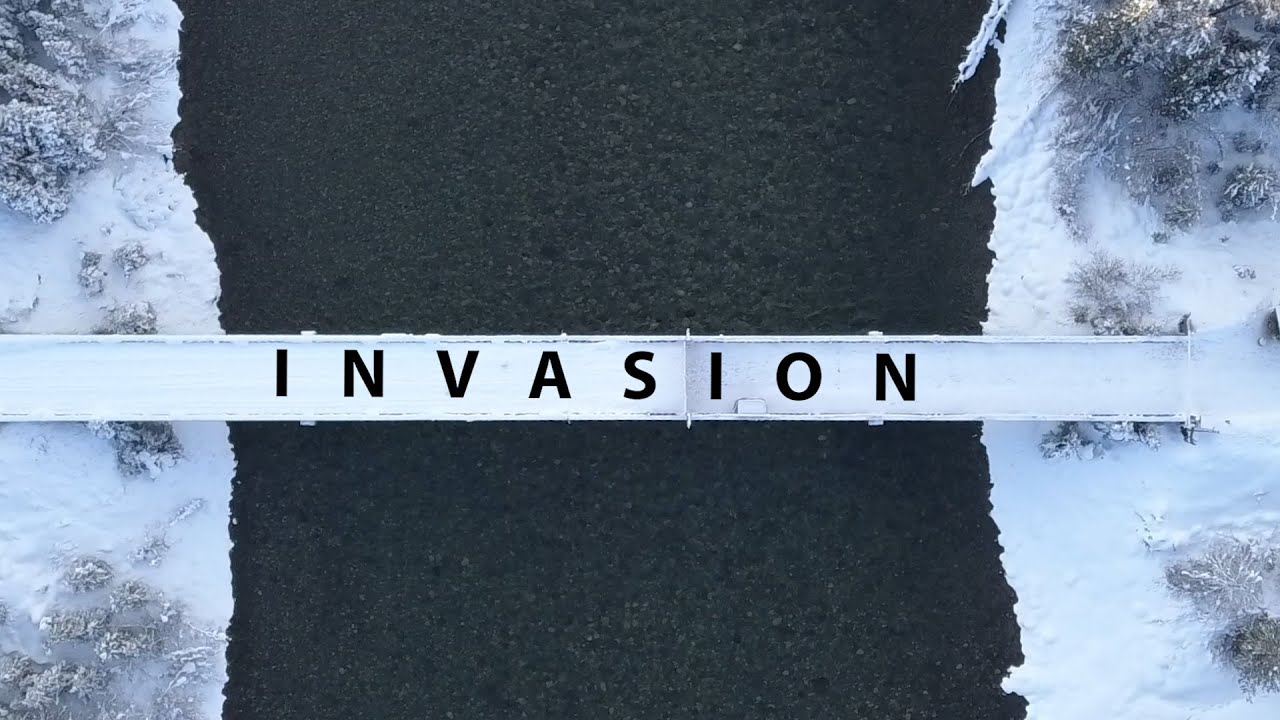Queering Frontier & Civil War HIstory
Summary
TLDRThe script explores the complex history of gender and sexuality in the American West, highlighting the impact of settler-colonialism and Manifest Destiny on indigenous peoples. It discusses federal assimilation policies that suppressed gender variance and sexual diversity, while also revealing the fluidity and transgression of gender norms among settlers, including cross-dressing and same-sex relationships. The narrative extends to the Civil War's challenges to traditional gender roles and the queer history within slavery, emphasizing the resilience and diversity of gender and sexual expressions throughout these periods.
Takeaways
- 📜 The story of the American West is fundamentally tied to settler-colonialism and the ideology of Manifest Destiny.
- 🌍 Settler colonialism fueled genocidal policies towards indigenous people, driving them from their homelands and resulting in massive loss of life.
- 🗺️ Manifest Destiny also legitimized the Mexican-American War and the US seizure of Mexican territory.
- 👫 Indigenous people in the West had diverse gender and sexual practices, including recognition of third and fourth gender categories.
- 💡 Federal assimilation programs aimed to force indigenous people to conform to white settler culture, including gender roles.
- 🔄 EuroAmerican settlers in the West experienced greater leeway in gender roles, with women taking on traditionally male tasks and vice versa.
- 🎭 Entertainment venues and social spaces in the West facilitated gender crossings and same-sex intimacies among immigrants and settlers.
- 🏳️🌈 Same-sex relationships and diverse gender expressions were common in the frontier, challenging traditional norms.
- ✊ Enslaved people, including those subjected to sexualized violence, formed a variety of sexual and romantic relationships, including same-sex bonds.
- 🔒 Post-slavery laws attempted to regulate Black people's sexuality, legitimizing monogamous heterosexual marriage and delegitimizing other relationships.
Q & A
What was the ideology that propelled Western expansion in the American West?
-The ideology that propelled Western expansion was Manifest Destiny, which suggested that Americans were uniquely destined to expand across the continent.
How did the concept of Manifest Destiny impact indigenous people?
-Manifest Destiny fueled genocidal federal policies towards indigenous people, driving them from their homelands and resulting in a massive loss of life.
What was the role of the federal assimilation program in relation to indigenous people?
-The federal assimilation program aimed to force the acculturation of indigenous people, removing them from their land and confining them to reservations, which constrained their self-determination.
How did the federal agents attempt to change the gender roles of indigenous people?
-Federal agents sought to eliminate gender and sexual variance, demanding that indigenous people structure their gender roles to conform to the beliefs of white settler culture.
What was the impact of Westward migration on gender norms among EuroAmericans?
-Westward migration led to new possibilities and personal freedoms, allowing individuals to transgress traditional gender norms, with women taking on activities typically associated with men and vice versa.
Can you provide an example of gender crossing during the California Gold Rush?
-During the California Gold Rush, men held dances where some men cross-dressed, wearing women's clothing, shoes, and wigs, and danced with other men as their 'lady' dance partners.
What were 'Boston marriages' and how did they relate to the West?
-'Boston marriages' were same-sex domestic arrangements between women, which were known in the East and also existed in the West, providing an example of same-sex relationships during that era.
How did the Civil War challenge traditional gender norms?
-The Civil War challenged gender norms as women took on traditionally male tasks back home, and soldiers had to take on domestic chores on the battlefront.
What opportunities did the Civil War provide for individuals who might identify as transgender today?
-The Civil War provided opportunities for individuals assigned female at birth to enlist and transition to living their lives as men, allowing them to live their lives as their true selves.
How was the queer history of slavery overlooked and what evidence exists?
-The queer history of slavery is often overlooked due to limited studies on the subject, but there is fragmentary evidence of enslaved men and women forming erotic same-sex bonds and embracing gender expressions that transgressed norms.
What was the government's approach to regulating Black people's sexuality after slavery?
-After slavery, the Freedmen's Bureau attempted to institute laws to regulate Black people's sexuality, legitimizing monogamous heterosexual marriage and delegitimizing alternative relationships, which included non-heterosexual intimacies.
Outlines

This section is available to paid users only. Please upgrade to access this part.
Upgrade NowMindmap

This section is available to paid users only. Please upgrade to access this part.
Upgrade NowKeywords

This section is available to paid users only. Please upgrade to access this part.
Upgrade NowHighlights

This section is available to paid users only. Please upgrade to access this part.
Upgrade NowTranscripts

This section is available to paid users only. Please upgrade to access this part.
Upgrade NowBrowse More Related Video
5.0 / 5 (0 votes)





